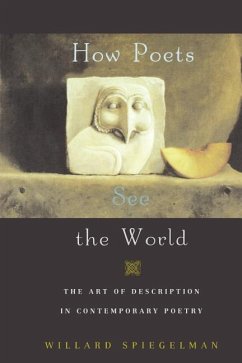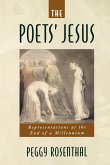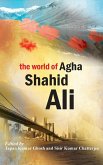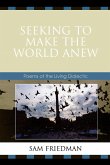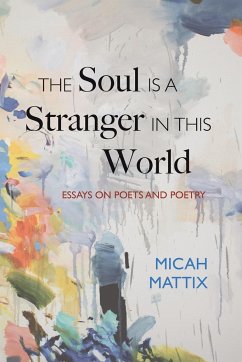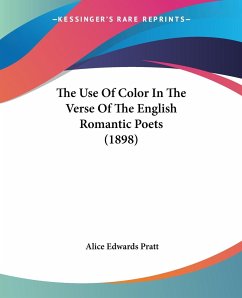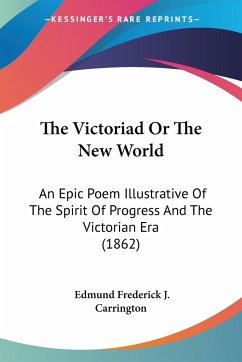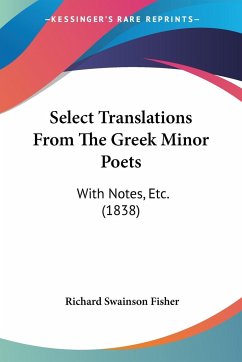Although readers of prose fiction sometimes find descriptive passages superfluous or boring, description itself is often the most important aspect of a poem. This book examines how a variety of contemporary poets use description in their work. Description has been the great burden of poetry. How do poets see the world? How do they look at it? What do they look for? Is description an end in itself, or a means of expressing desire? Ezra Pound demanded that a poem should represent the external world as objectively and directly as possible, and William Butler Yeats, in his introduction to The Oxford Book of Modern Verse (1936), said that he and his generation were rebelling against, inter alia, "irrelevant descriptions of nature" in the work of their predecessors. The poets in this book, however, who are distinct in many ways from one another, all observe the external world of nature or the reflected world of art and make relevant poems out of their observations.
Hinweis: Dieser Artikel kann nur an eine deutsche Lieferadresse ausgeliefert werden.
Hinweis: Dieser Artikel kann nur an eine deutsche Lieferadresse ausgeliefert werden.

